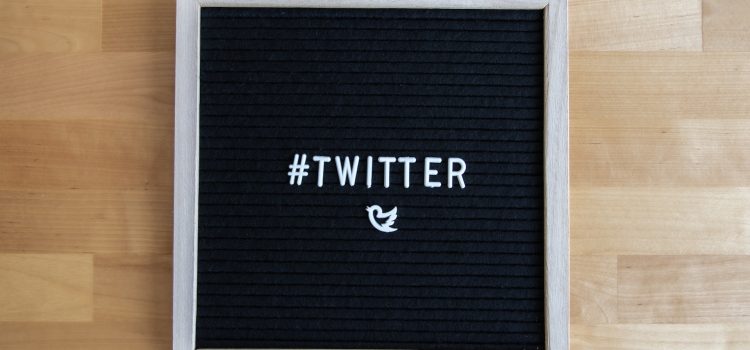
Elon Musk, the billionaire entrepreneur and CEO of Tesla and SpaceX, has once again taken to Twitter to voice his displeasure with the media. This time, his target is NPR (National Public Radio), which he has accused of being “extremely biased.”
The feud began when NPR ran a story critical of Musk’s recent appearance on “Saturday Night Live.” The story noted that while Musk is a highly successful entrepreneur, he has faced criticism for some of his business practices, such as his treatment of workers at his companies.
Musk responded to the story with a tweet that accused NPR of being “incredibly boring and almost always wrong.” He went on to say that he would “send a team to reassign their [NPR’s] handle.”
This threat sparked a backlash on social media, with many people expressing concern that Musk was attempting to silence a news organization that had criticized him. Some pointed out that Musk’s threat could be seen as a violation of Twitter’s terms of service, which prohibit users from “inciting or engaging in the targeted harassment of others.”
In response to the backlash, Musk clarified his comments, saying that he was not actually planning to “reassign” NPR’s handle, but rather to create a new account with a similar name that would offer a “fair & balanced” perspective.
However, the damage had already been done. Musk’s threat had reignited concerns about his behavior on social media, which has been a source of controversy in the past. In 2018, Musk was forced to step down as chairman of Tesla as part of a settlement with the SEC over tweets he had made about taking the company private. Musk had claimed that he had secured funding for the deal, but this turned out to be false.
The incident also highlights the ongoing debate about the role of billionaires in public life. Musk, who is worth over $170 billion, has become a lightning rod for criticism from those who argue that he has too much influence over society. His threats against NPR are just the latest example of how he uses his platform to push back against his critics.
At the same time, Musk has many supporters who see him as a visionary entrepreneur who is pushing the boundaries of what is possible. They argue that his contributions to electric cars and space exploration will have a profound impact on humanity.
Whatever one’s views on Musk may be, his Twitter feud with NPR serves as a reminder of the power of social media to shape public discourse. As more and more people turn to platforms like Twitter for news and information, the line between journalism and opinion becomes increasingly blurred. And as billionaires like Musk continue to use their massive followings to push their own agendas, the question remains: Who will hold them accountable?
In the end, it may be up to the public to decide. As Musk himself noted in a recent tweet, “Twitter is a battle for public opinion.” And as long as he continues to engage in these kinds of public battles, the spotlight will remain firmly on him.










